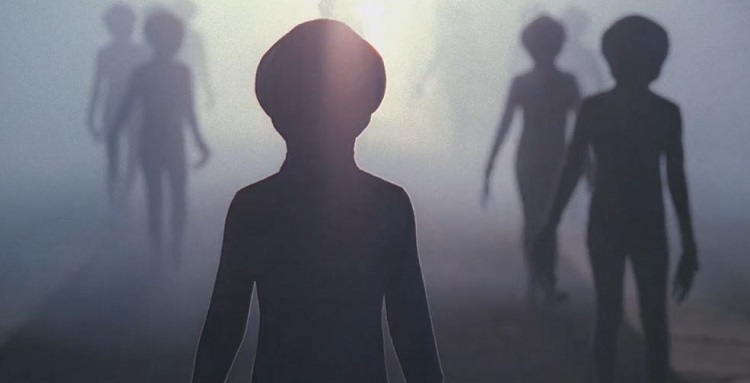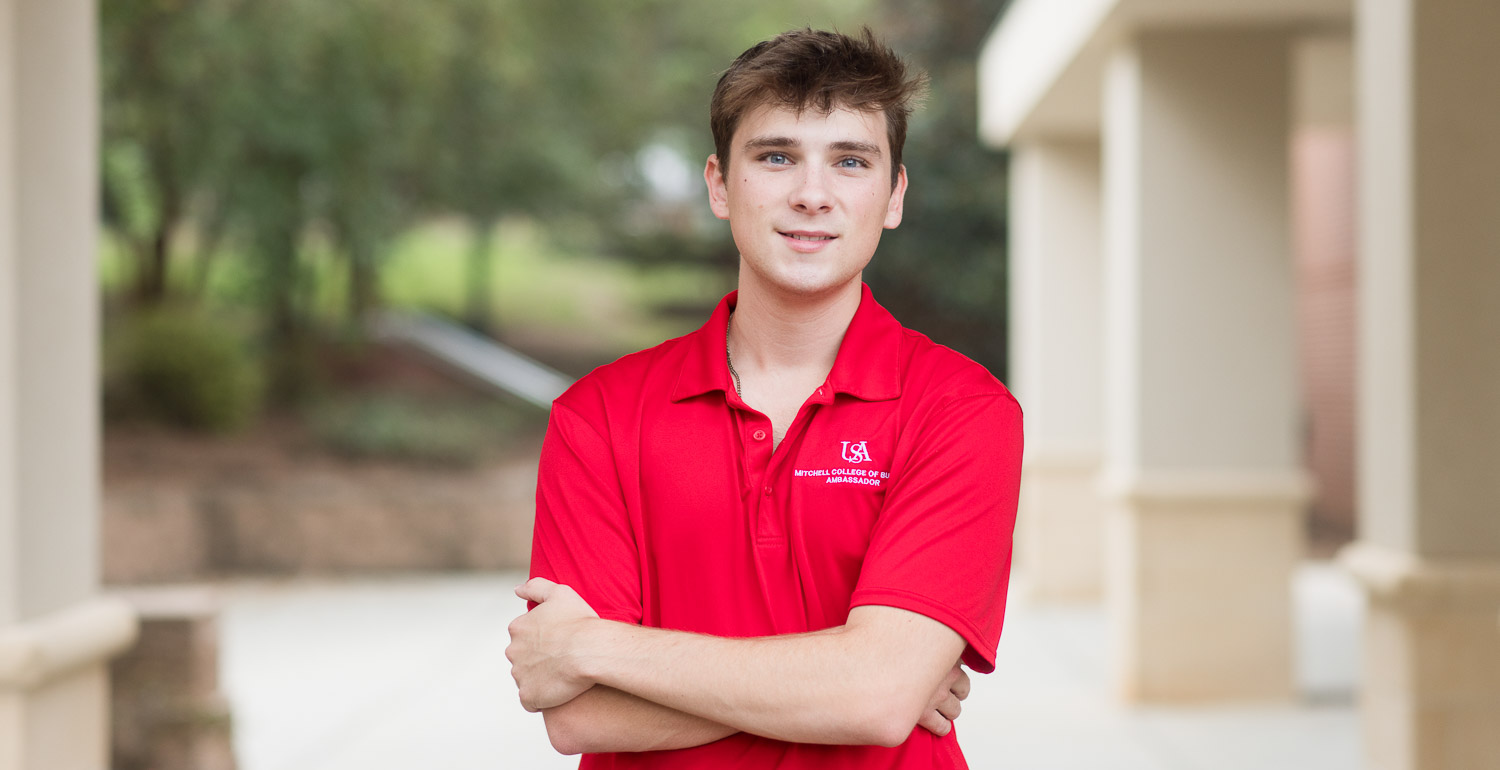For Some, the Truth is Out There
Posted on January 22, 2016

It’s all returning Sunday night. The eerie music. The darkness pierced by flashlights. FBI Agent Fox Mulder searching for his abducted sister. And, Agent Scully, the FBI scientist assigned to keep Mulder legitimate while he hunts for truth behind an endless list of conspiracy theories such as UFOs, black helicopters, Men in Black, etc.
If you weren’t a fan of “The X-Files” television show, which ran for more than 200 episodes during the 1990s and early 2000s, the bigger question is “Why do some people in the most advanced society in the history of the world still believe in or even find conspiracy theories interesting?”
“It’s hard for some people to believe that only one person can do something so awful that changes the course of history, such as the assassinations of President John Kennedy and Dr. Martin Luther King,” said Dr. James Aucoin, chair of communication at the University of South Alabama. “These events were so overwhelming that some people can’t be satisfied with the simple and truthful explanation, so believing a huge conspiracy caused it makes more sense to them.”
Aucoin explained that many of the intricate conspiracy theories are much harder to believe.
“Some of these conspiracy theories are so involved and include so many people supposedly cooperating to make the conspiracy work that there is no way it could happen without someone talking at some point,” he said. “The very fact of believing them is impossible for most rational-thinking people.”
Aucoin said while the news media, television and movies have promoted the idea of “big, bad Orwellian government,” the federal government has also contributed to conspiracy theories.
“Over time, citizens have learned that the government does lie to protect itself, such as was the case with Vietnam, and it stirs up fear,” said Aucoin, who teaches ethics classes. “A lie, even if it’s supposedly for a good reason, erodes trust, and I think that opens the way for some conspiracy theories.”
Dr. Doug Marshall, associate professor of sociology and assistant director of the University Honors Program, believes for some conspiracy theorists it’s all about being an insider.
“Since the recession in 2008, I think a lot of people were hurt to the point they feel there are forces that worked against them. Some of those people explore reasons why these things happen, and they get into some really bizarre theories that the general public doesn’t know,” Marshall said. “Suddenly, these people believe themselves to know more about something than other people do, and this so-called knowledge becomes a status boost for them.”
Marshall said humans essentially are “creatures that want things to make sense.” Hence, when things don’t make sense, many people create a truth that makes sense for them.
Marshall said the Internet has also contributed to the number of conspiracy theorists because there’s so much information available without a filter.
“Once if you held idiosyncratic beliefs, you had no support for them, so you most likely began doubting it,” Marshall said. “But with the Internet, you can always find someone who thinks like you do, and when that happens, suddenly, what the group believes is true. The Internet is often a breeding ground for conspiracy theories.”
Aucoin and Marshall said conspiracy theories fail to meet the factual test of academic or scientific investigation.
“Academicians are trained when they look at documents to not take the facts out of context and not just search for what you want to prove,” Aucoin said. “First, you find evidence. Then, you find conclusions. I think a lot of people not trained as researchers have preconceived notions, and they go out and find the evidence to support what they suspect. That is what creates conspiracy theories.”



